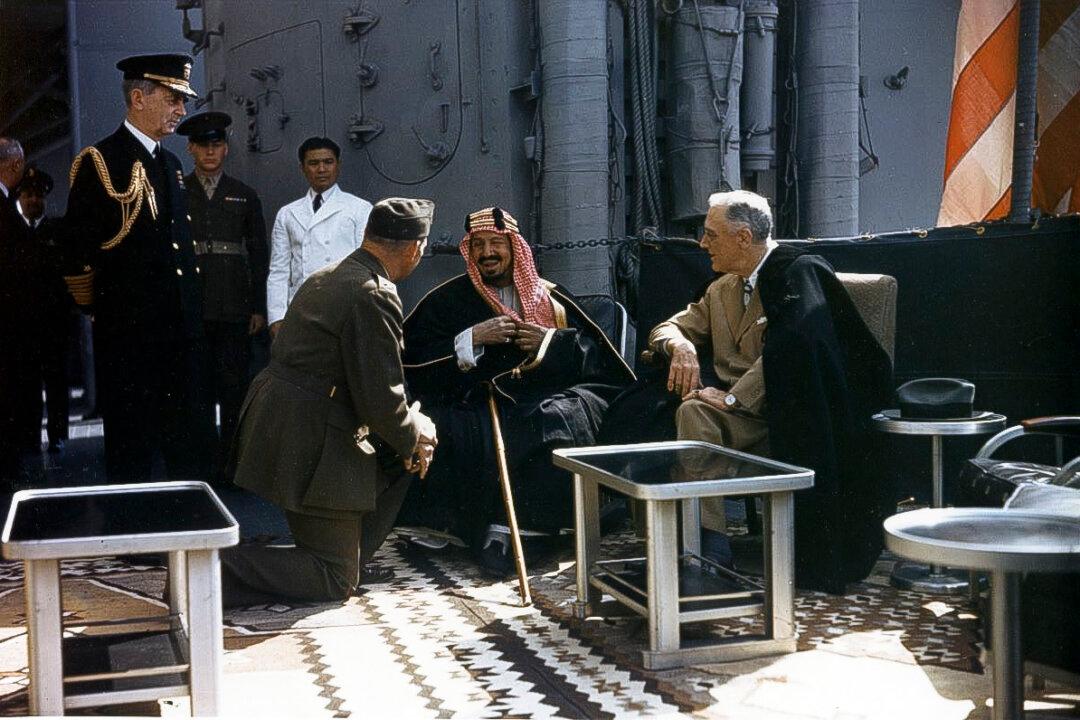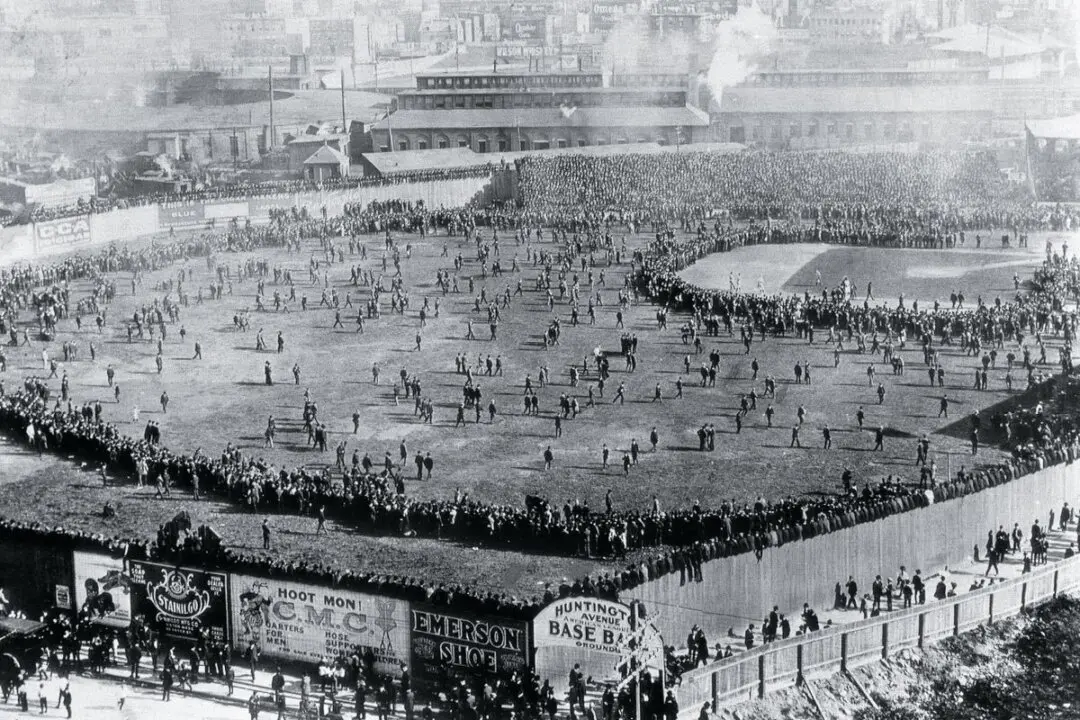Commentary
In early September, I wrote an article entitled “Faith and Love in the Time of COVID” about my father’s bout with COVID pneumonia. When I wrote that article, my father was being moved from the ICU to a non-ICU room.
In all, he was in the hospital for two months and had been at death’s door for a good portion of that period. On Sept. 30, I picked him up from the rehabilitation center to bring him home.
When I have posted about my father making it through this near-death experience, I have used the hashtag #miracleman. I can assure you it isn’t hyperbole. When he walked into the hospital, his oxygen level was at 81 percent, which is dangerously low. Weeks into his stay, he contracted a secondary infection that quickly filled up his lungs. The doctors had no idea what the infection was and were merely using guesswork to treat it. He couldn’t be off his oxygen without the risk of suffocation.
There were other concerns about his health. He had been bedridden for so long, clotting was a real threat (despite the blood thinners). There was concern about the stress of the situation and his high blood pressure. Then, there was the concern about his mental health: being trapped in a room with no visitors, hardly any sleep, and hallucinations from delirium. If there ever was a time to worry, those couple of months were full of those times. The worry led to faith, faith led to prayer, and prayer led to peace of mind; that was a consistent cycle, not just a one-time instance.
As my father began to improve, I got to witness a number of things—some that brought me hope, and others brought me despair.
Hope
What brought me hope was the massive outpouring of support I received from friends, and, of course, family. I co-host a history podcast, and fans who had never messaged or reached out before flooded me with well wishes and prayers. There were nurses who treated my father with dignity and kindness. My mother, brother, and I proved the importance of family engagement with the hospital staff, even at the level of annoyance (but that cannot matter in cases like this). I watched my mother, through weariness, display the utmost love and concern for my father.
More than anything, I noticed how my father never lost his sense of humor, his dignity, or his hope. But it wasn’t so much hope that he would survive, but that his hope was in the Lord, that no matter the outcome, it would be alright.
That’s empowering for one who will eventually have to face death.






